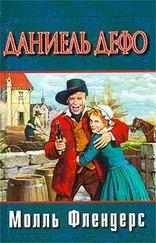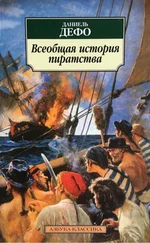Lord mayor of London, 1679–80, and for many years member of Parliament for the city.
The workmen.
Recognized.
Fenced.
Members of the Society of Friends, a religious organization founded by George Fox about 1650. William Penn was one of the early members. The society condemns a paid ministry, the taking of oaths, and the making of war.
See p. 105, next to the last paragraph.
Die. "Of the plague" should immediately follow "died."
See Note 3, p. 26. {Transcriber's note: the reference is to footnote 26.}
The act of indemnity passed at the restoration of Charles II. (1660). In spite of the King's promise of justice, the Parliamentarians were largely despoiled of their property, and ten of those concerned in the execution of Charles I. were put to death.
Family and personal peace.
The Established Church of England, nearly all of whose ministers were Royalists. The Presbyterians were nearly all Republicans.
The dissenting ministers.
The Churchmen.
Of.
What we should call an assistant minister is still called a curate in the Church of England.
"I had not said this," etc., i.e., I would not have said this, but would rather have chosen, etc.
See Rev. vi. 8.
Moved away (into the country).
The duties of headboroughs differed little from those of the constables. The title is now obsolete.
Count.
"Must." In this sense common in Chaucer. The past tense, "should," retains something of this force. Compare the German sollen .
Otherwise known as theriac (from the Greek [Greek: thêriakos], "pertaining to a wild beast," since it was supposed to be an antidote for poisonous bites). This medicine was compounded of sixty or seventy drugs, and was mixed with honey.
Supply "died."
Supply "of."
Substitute "which."
Those.
A corruption of "benzoin," a resinous juice obtained from a tree that flourishes in Siam and the Malay Archipelago. When heated, it gives off a pleasant odor. It is one of the ingredients used in court–plaster.
This word should be omitted.
The "press gang" was a naval detachment under the command of an officer, empowered to seize men and carry them off for service on men–of–war.
Off Lowestoft, in 1665. Though the Dutch were beaten, they made good their retreat, and heavily defeated the English the next year in the battle of The Downs.
See Ps. lx. 11; cviii. 12.
Were.
See Exod. xiv., xv., and xvi. 1–3.
"H.F." is of course fictitious.












